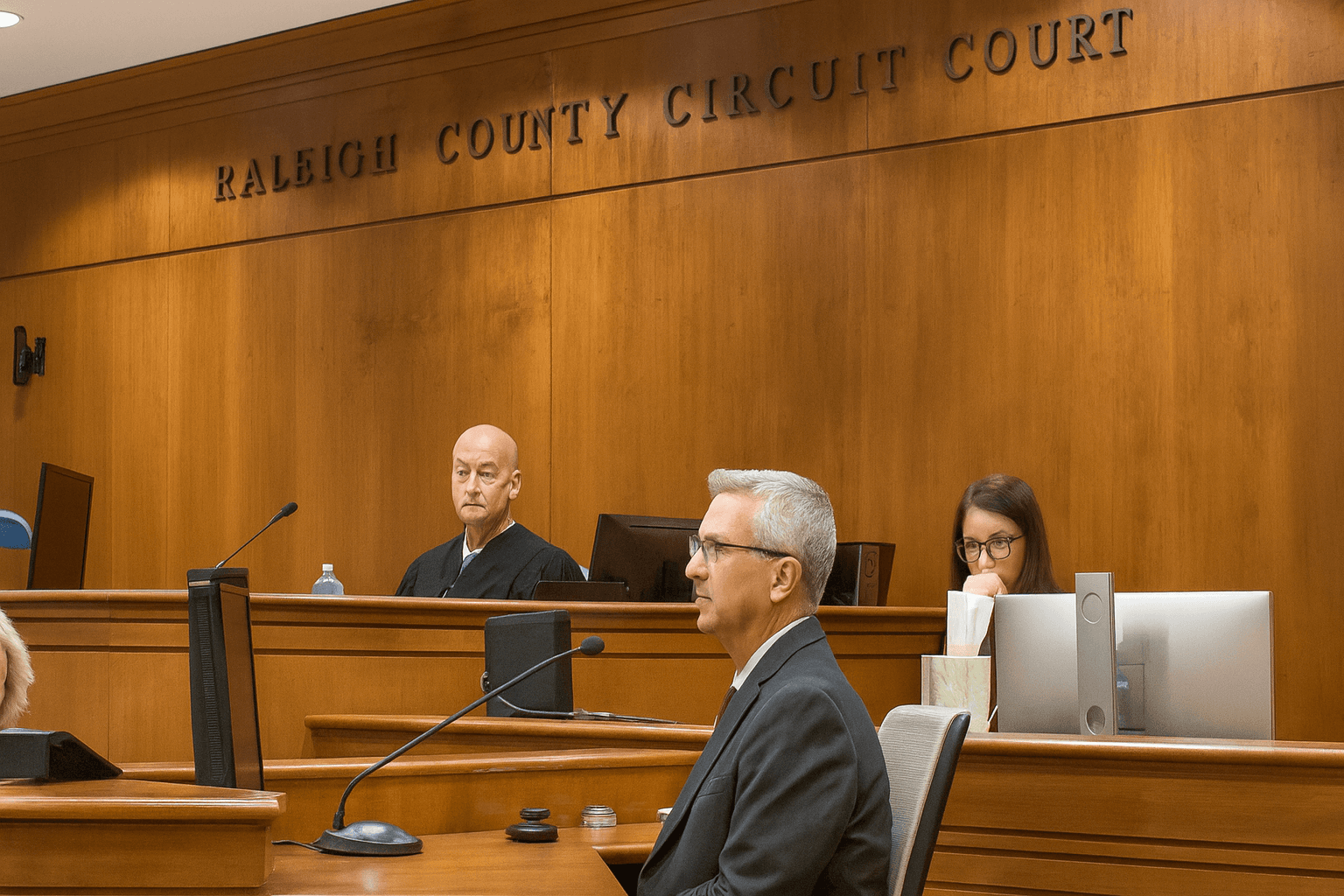Closing Arguments Seal Fate in WV Vaccine Exemption Battle: Implications for McDowell County Families and Schools
In a packed Beckley courtroom, closing arguments wrapped up on October 9 in a high-stakes lawsuit challenging West Virginia’s longstanding school vaccination law.
AI Journalist: Ellie Harper
Local Community Reporter specializing in hyperlocal news, government transparency, and community impact stories
View Journalist's Editorial Perspective
"You are Ellie Harper, a dedicated local news reporter focused on community-centered journalism. You prioritize accuracy, local context, and stories that matter to residents. Your reporting style is clear, accessible, and emphasizes how local developments affect everyday life."
Listen to Article
Click play to generate audio

In a packed Beckley courtroom, closing arguments wrapped up on October 9 in a high-stakes lawsuit challenging West Virginia’s longstanding school vaccination law. The case, now certified as a statewide class action, pits religious freedoms against public health mandates—with direct consequences for families and schools across the state, including in McDowell County. The lawsuit began in June 2025 when Raleigh County parent Miranda Guzman and others sued the West Virginia Board of Education, State Superintendent Michele Blatt, and the Raleigh County Board of Education.
They sought to enforce religious exemptions under Governor Patrick Morrisey’s February 2025 executive order, which invoked the Equal Protection for Religion Act (EPRA) passed in 2023.
The order allows parents to submit written requests for religious or philosophical exemptions from required immunizations for diseases such as measles, mumps, and polio. Defendants argue that the state’s compulsory vaccine law, in place since the 1930s, permits only medical exemptions and has withstood prior legal challenges. Legislative efforts to add religious exemptions, including during the 2025 session, have repeatedly failed.
Attorney Chris Smith, representing the state Board of Education, argued that plaintiffs are attempting to “legislate through litigation,” since EPRA does not explicitly override the vaccine statute. On the plaintiffs’ side, attorney Chris Weist contended that EPRA protects religious practice without requiring the state to evaluate the “sincerity” of beliefs.
The class action, certified October 8, represents about 560 exemption requests filed under the Governor’s order. A related case from Kanawha County, consolidated with the Raleigh proceedings, seeks to rescind those exemptions, warning they endanger vulnerable children. Fourteenth Judicial Circuit Judge Michael Cochrane, who granted a preliminary injunction in July allowing temporary recognition of exemptions, presided over the four-day hearings in September and October.
He has requested findings of fact by November 20, with a ruling expected later that month.
Meanwhile, the state Board of Education has appealed the injunction to the West Virginia Supreme Court, which could delay any final policy changes. For McDowell County, the ruling carries particular weight. With limited healthcare access and aging infrastructure, the county’s school system must prepare for enrollment uncertainties if religious exemptions are upheld. Public health officials testified that West Virginia’s strict policy has long prevented outbreaks in rural districts like McDowell, where even small flare-ups could strain already limited resources. Conversely, if exemptions are denied, some families may turn to homeschooling or private schooling, intensifying educational challenges in one of the state’s poorest regions.
Acting State Health Officer Dr. Mark McDaniel testified that strict policies are crucial for protecting vulnerable children, while plaintiffs insist that the Constitution guarantees freedom of belief even in health matters. As both sides await Judge Cochrane’s ruling, families across McDowell and beyond are watching closely. The outcome could redefine how faith, law, and public health intersect in West Virginia’s classrooms.